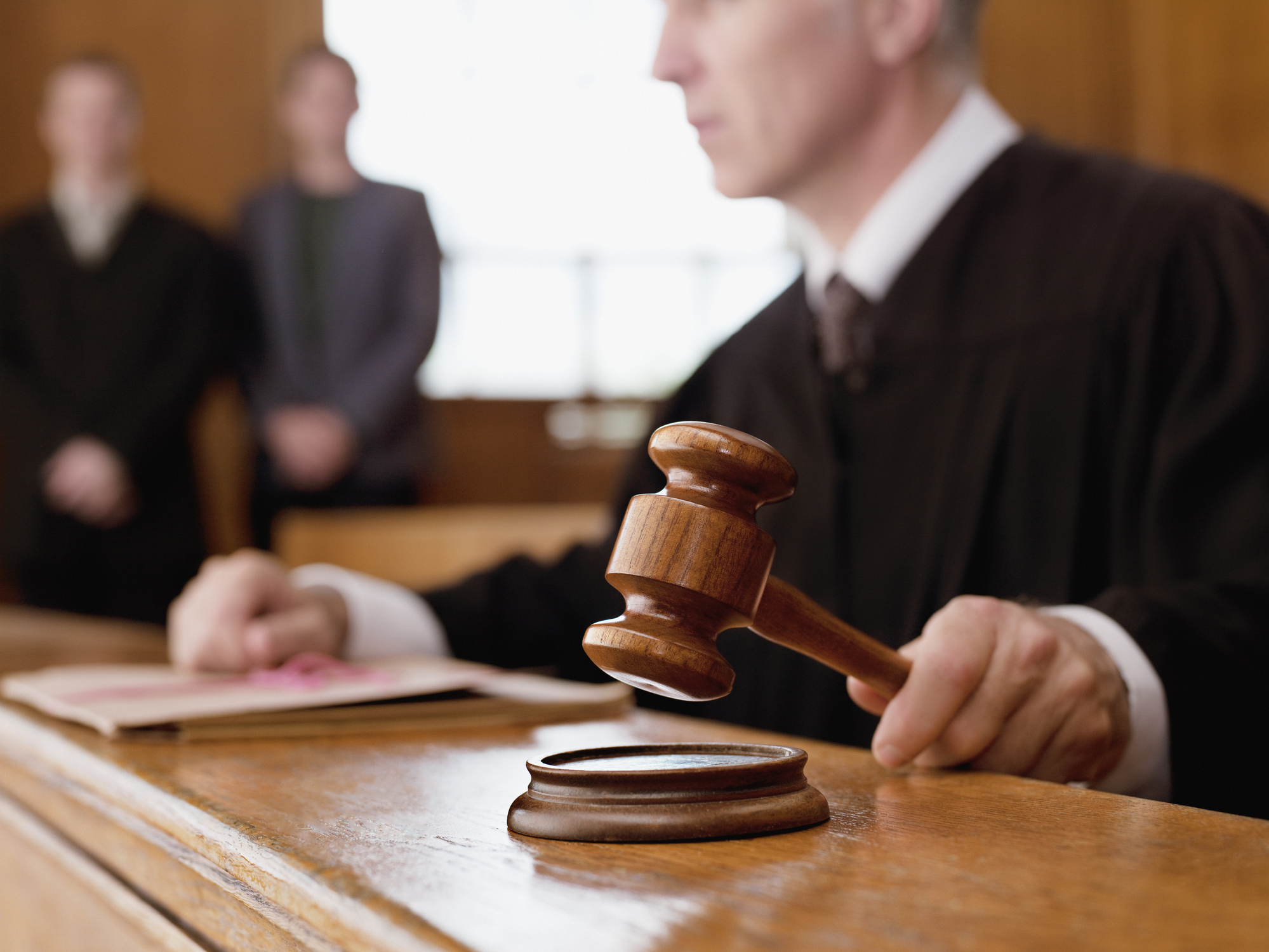Losing a loved one is almost always challenging and emotionally charged. The intricacies of legal matters can add a layer of complexity to an already delicate situation. In cases involving contesting a will, dispute resolution, or any other legal issues, having the right legal representation is key to protecting your future.
This includes engaging the services of a dedicated will contest disputes lawyer.
The landscape of will contests and disputes is complex. An estate planning lawyer with real litigation and trial experience can make all the difference.
If you’re stuck in a will contest or dispute, the right attorney can act as your pillar of guidance, a source of unwavering support, and a reservoir of legal insight needed to protect your interests and secure a favorable resolution. However, choosing the right lawyer is not to be taken lightly.
This article will dive into crucial factors to weigh when selecting a will contest & disputes lawyer. And if you’re ready to get help now, reach out to trusted Florida will contest and dispute attorney William Roof. Read on to learn more.

